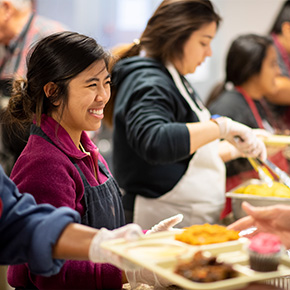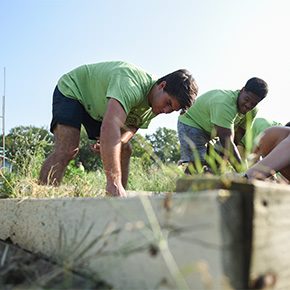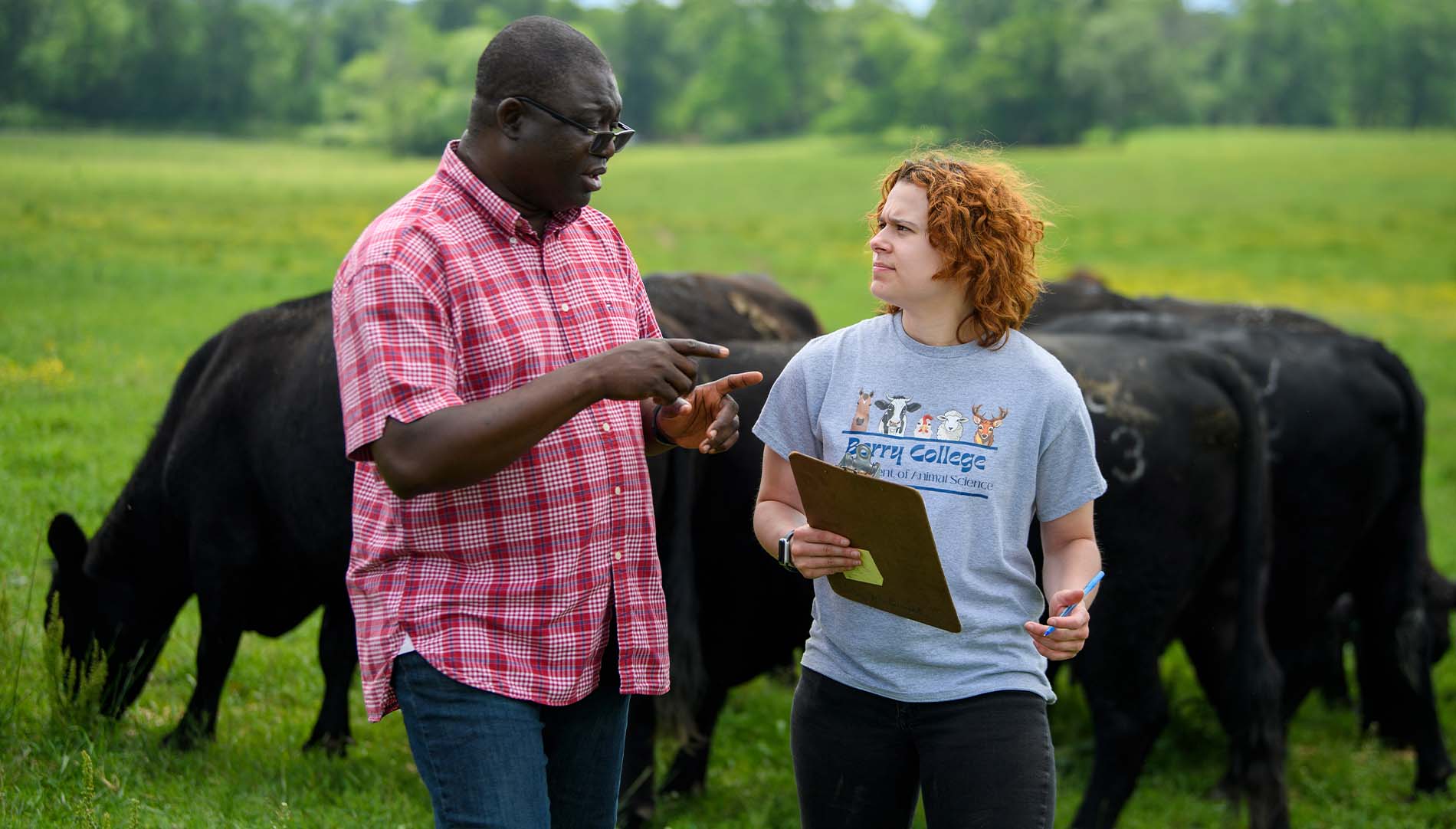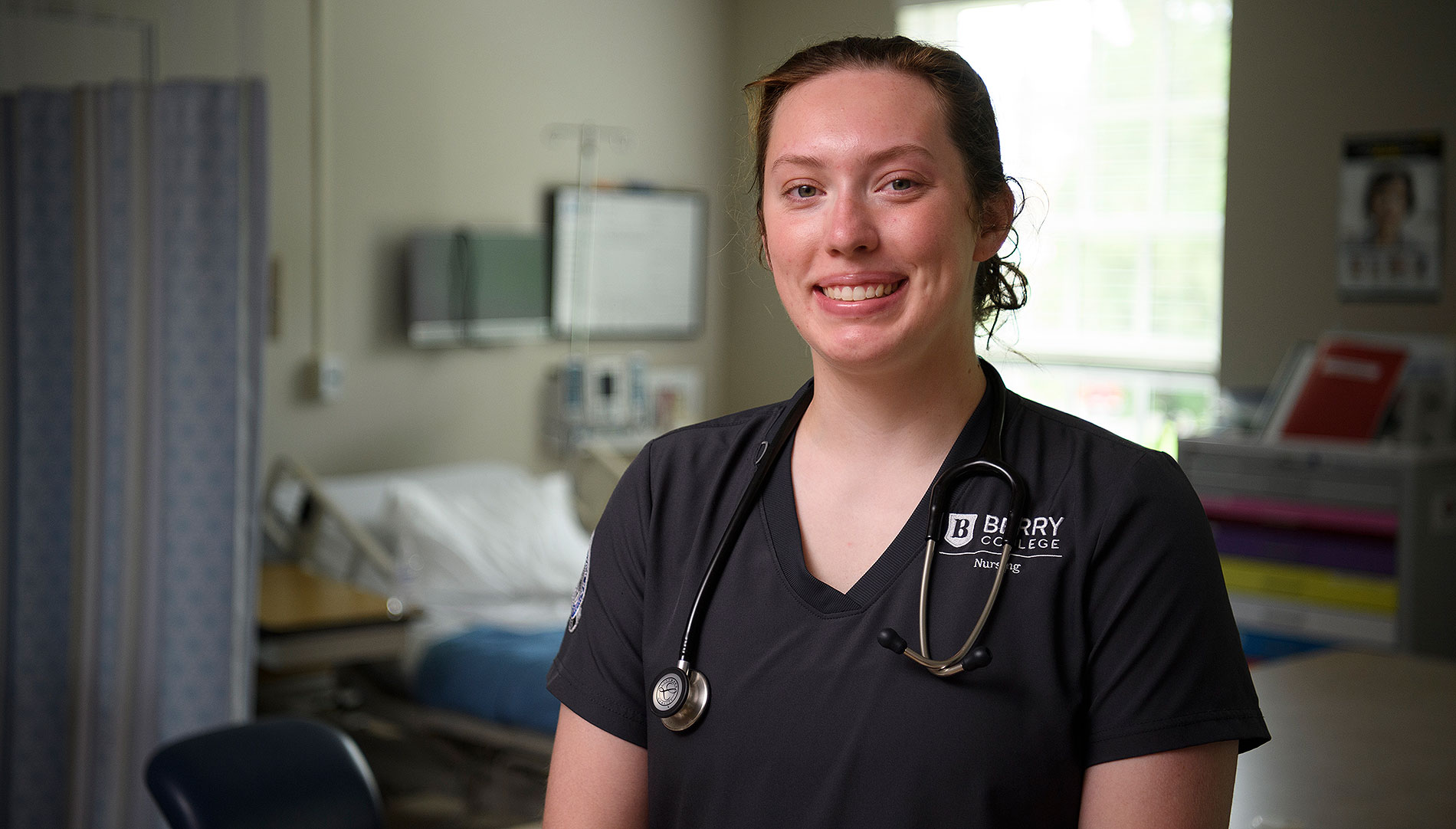When looking at a college website, Cummings suggests searching for terms like “service, community engagement, community impact, volunteer or outreach.” She also says orientation mentors, faculty advisors or student life experts can help if you have trouble finding the right department.
Once you find the correct space, do some brainstorming before making an appointment. Some college students' first experience with community service happens through orientation or a campus-wide event. Colleges know that volunteering can forge relationships. If a service event sparks a desire to volunteer more, ask yourself, “What is it that makes me want to volunteer?”
“Start by thinking about what you are passionate about,” says Cummings. “If you know what type of problems move you or which focus area inspires you, then a staff member at the college can help you identify a service organization you might want to work with."






